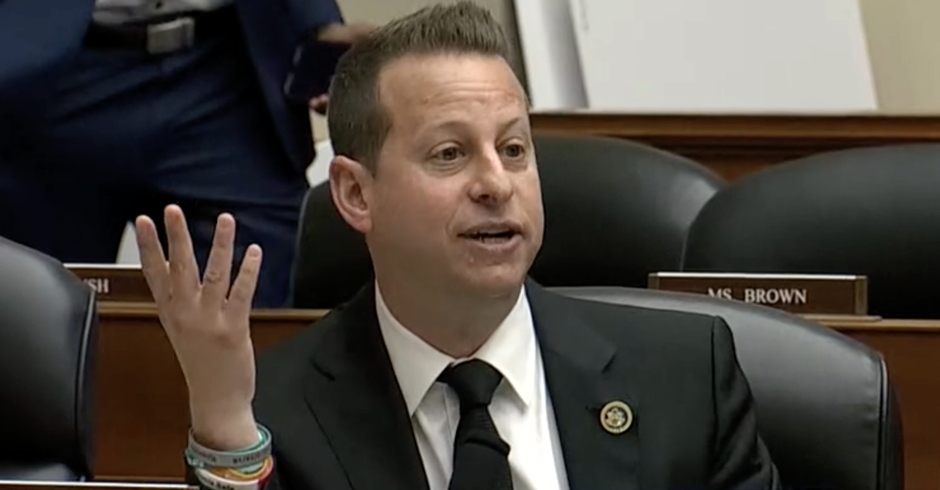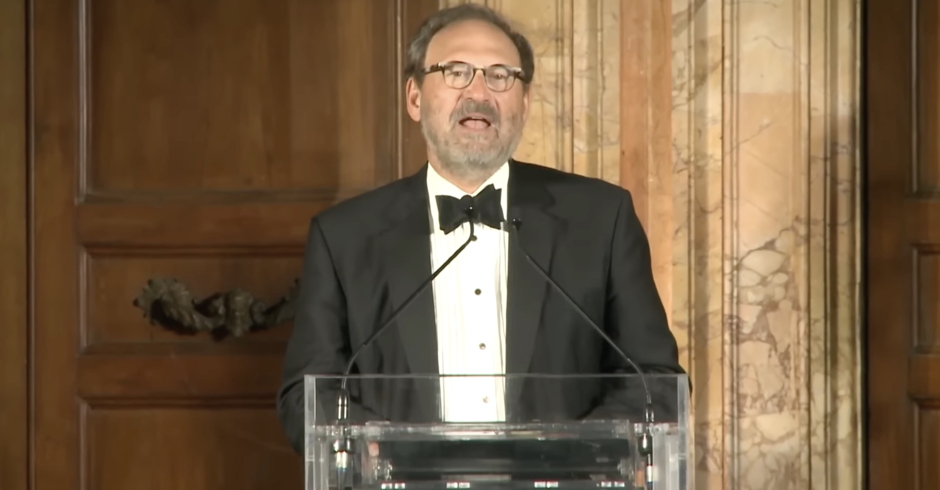Great Gay Poets Friday! Oscar Wilde and Hart Crane
Last Friday, in honor of National Poetry Month, we began our weekly tribute to great gay poets, thanks to guest blogger Julia Garbowski. In “Celebrate National Poetry Month With Great Gay Poets!,” Julia shared two of her favorites, Emily Dickinson and Walt Whitman. This week, Julia looks at several poems by the very well-known Oscar Wilde, and the far less well-known but highly respected Hart Crane.

National Poetry Month Continues….
It was my intention to read and find out about one or two additional gay poets this week and to rejoice in their great works. I celebrate, but I also feel some sadness. I had been thinking about Oscar Wilde because I loved his stories as a child. I remember listening to Basil Rathbone narrating “The Happy Prince†and others on the LP record that I played over and over. I knew that Wilde wrote poetry and plays as well, and that he had been imprisoned for homosexuality on a charge of “indecency†from 1895-1897. Clearly the dramatic historical event of his imprisonment is a reminder of a cruelness in society. I remember an Oscar Wilde quote: “We are all in the gutter, but some of us are looking at the stars.â€
La Mer (The Sea)
A white mist drifts across the shrouds,
Gleams like an angry lion’s eye
Out of a mane of tawny clouds.
The muffled steersman at the wheel
And in the throbbing engine-room
Leap the long rods of polished steel.
The shattered storm has left its trace
For the thin threads of yellow foam
Float on the waves like ravelled lace
Great English playwright, poet, and author Oscar Wilde’s life was shortened (he died three years after prison release, in 1900, age 46) by the unjust social demands of his time and country. Wilde’s prison cell number C33, was the basis for the first published poem of 20th century poet Hart Crane when Crane was a mere 17 years old.
C33
He has woven rose-vines
And vented his long mellowed wines
Of dreaming on the desert white
With searing sophistry.
And he tented with far truths he would form
The transient bosoms from the thorny tree.
O Materna! to enrich thy gold head
From penitence, must needs bring pain,
But you who hear the lamp whisper through night
Can trace paths tear-wet, and forget all blight.
Crane went on to write a very influential body of work in a very short amount of time, but never seemed to find his way in the world. He moved back and forth between Ohio and New York several times, had somewhat erratic financial support from his father, struggled with alcoholism and depression. He worked at his father’s candy factory, in advertising, and even as a secretary to a stockbroker among other things.
Like Oscar Wilde, he married and had children. He had a benefactor for a time and he even won a Guggenheim which enabled him to go to an artist colony in Mexico to write. He was attracted to sailors and supposedly was beaten after making advances to a sailor on a ship coming back from Mexico. He committed suicide by jumping off that same ship in April of 1932, age 33.
Of those that I have read so far, my favorite Hart Crane poem is “Chaplinesque†from The Bridge poems. In it he describes a man naïve to the negative forces around him; it is a reference to Chaplin’s character the Little Tramp.
Chaplinesque
We make our meek adjustments,
Contented with such random consolations
As the wind deposits
In slithered and too ample pockets.
A famished kitten on the step, and know
Recesses for it from the fury of the street,
Or warm torn elbow coverts.
Dally the doom of that inevitable thumb
That slowly chafes its puckered index toward us,
Facing the dull squint with what innocence
And what surprise!
More than the pirouettes of any pliant cane;
Our obsequies are, in a way, no enterprise.
We can evade you, and all else but the heart:
What blame to us if the heart live on.
The game enforces smirks; but we have seen
The moon in lonely alleys make
A grail of laughter of an empty ash can,
And through all sound of gaiety and quest
Have heard a kitten in the wilderness
For more see “Oscar Wildeâ€Â by Richard Ellman (Vintage Books; 1988)
and “Voyager: A Life of Hart Crane†by John Unterecker (Farrar, Straus &Giroud; 1969)
(Images: top: Emily Dickenson, bottom: Oscar Wilde)
Julia Garbowski lives in Royal Oak, MI and has returned to writing after 25 years of running a farm and market in Door County WI. She grew up in Sag Harbor, NY. Her B.A. in Communications is from the University of Wisconsin. She belongs to the Michigan Literary Network and her twitter name is @driftnotes.

Enjoy this piece?
… then let us make a small request. The New Civil Rights Movement depends on readers like you to meet our ongoing expenses and continue producing quality progressive journalism. Three Silicon Valley giants consume 70 percent of all online advertising dollars, so we need your help to continue doing what we do.
NCRM is independent. You won’t find mainstream media bias here. From unflinching coverage of religious extremism, to spotlighting efforts to roll back our rights, NCRM continues to speak truth to power. America needs independent voices like NCRM to be sure no one is forgotten.
Every reader contribution, whatever the amount, makes a tremendous difference. Help ensure NCRM remains independent long into the future. Support progressive journalism with a one-time contribution to NCRM, or click here to become a subscriber. Thank you. Click here to donate by check.
 |






















